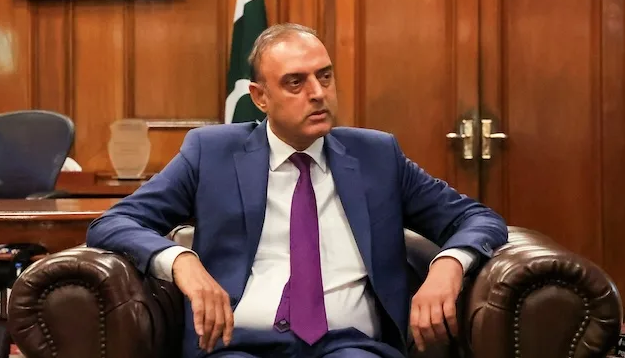At the National Islamic Economic Forum 2025 in Karachi, State Bank of Pakistan (SBP) Governor Jameel Ahmad highlighted collaborative efforts between the central bank and the government to boost Pakistan’s Sukuk market and address structural hurdles in the issuance process.
“We are simplifying Sukuk structures and streamlining the issuance process,” Ahmad said on Tuesday, emphasizing the joint push to shift more of the country’s public debt into Shariah-compliant bonds.
He called on industry stakeholders to work collectively to eliminate issuance bottlenecks, saying, “Together, we can overcome the challenges and expand the availability of Shariah-compliant investment products.”
Addressing macroeconomic indicators, Ahmad noted that Pakistan’s foreign exchange reserves had surged from $3 billion in 2022 to over $11 billion — a rise he said was achieved without relying on external loans.
Meanwhile, the country’s external debt has dropped by $1–1.5 billion, bringing the total below the $100 billion mark. “This reduction will start yielding positive effects for the economy soon,” he remarked.
Ahmad also pointed to a strong performance in remittances, which stood at $30.3 billion last year and are projected to reach nearly $38 billion in the current fiscal year. “This $8 billion increase is a testament to the contributions of our overseas workforce and freelancers,” he said.
Turning to Islamic banking, the SBP governor reported that as of March 2025, total assets in the sector had reached Rs11.5 trillion — accounting for 21.1% of the country’s overall banking assets. Deposits in Islamic banking stood at Rs8.8 trillion.
“Although challenges remain, Islamic banking is steadily growing in share and strength,” Ahmad stated. He encouraged Islamic banks to expand financial services into priority sectors such as small and medium-sized enterprises (SMEs), agriculture, housing, and microenterprises.
He further urged Islamic Banking Institutions (IBIs) to take concrete steps to broaden their outreach and customer base.
On the digital front, Ahmad shared that large-scale projects like RAAST — a real-time micro-payment gateway — are driving Pakistan’s economic digitisation. “RAAST enables instant fund transfers across the country in just six seconds, significantly accelerating the pace of digital adoption,” he said.
Digital transactions rose from 5.5 billion to 7.5 billion in 2024 — a 38% year-on-year increase. “Today, 87% of retail transactions are happening digitally,” he added, underlining the transformation in the financial landscape.




